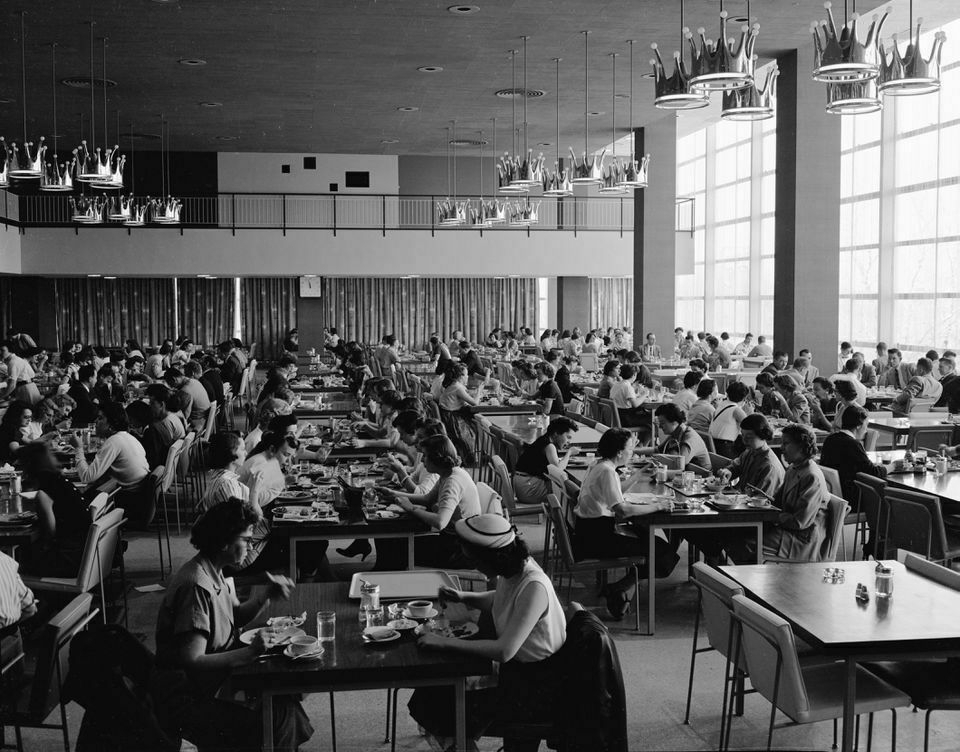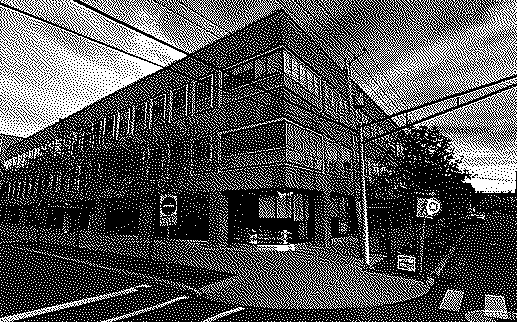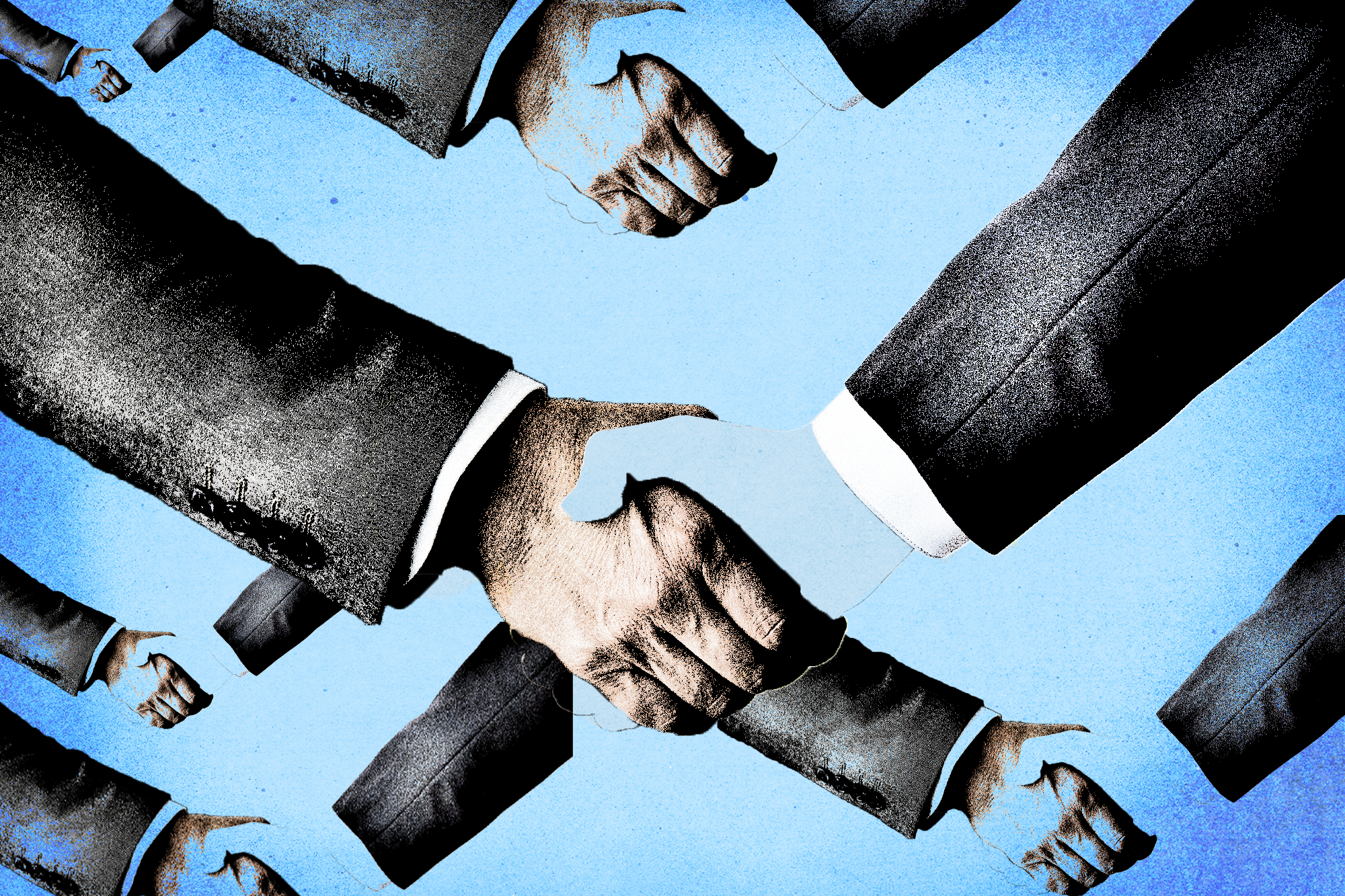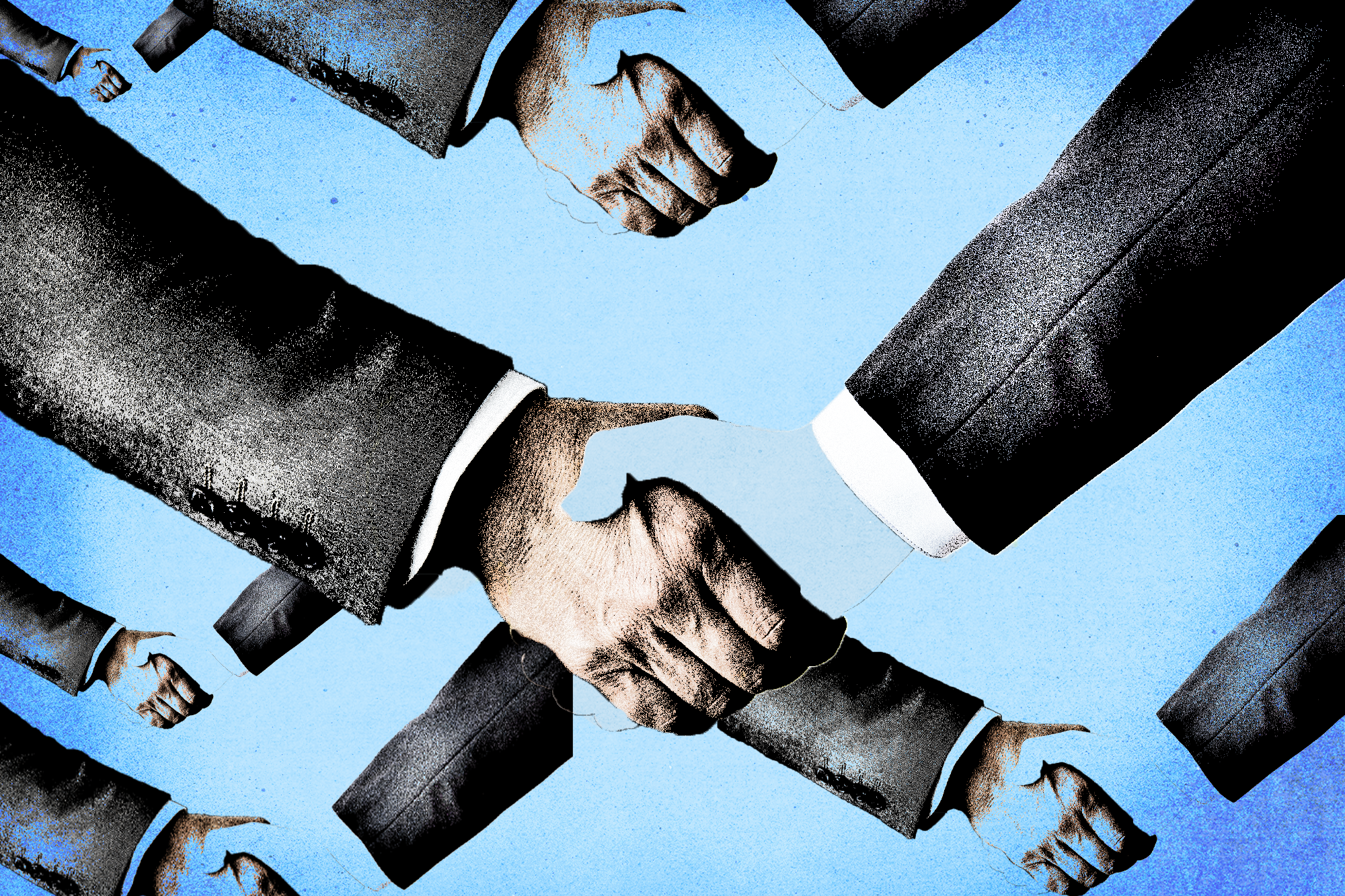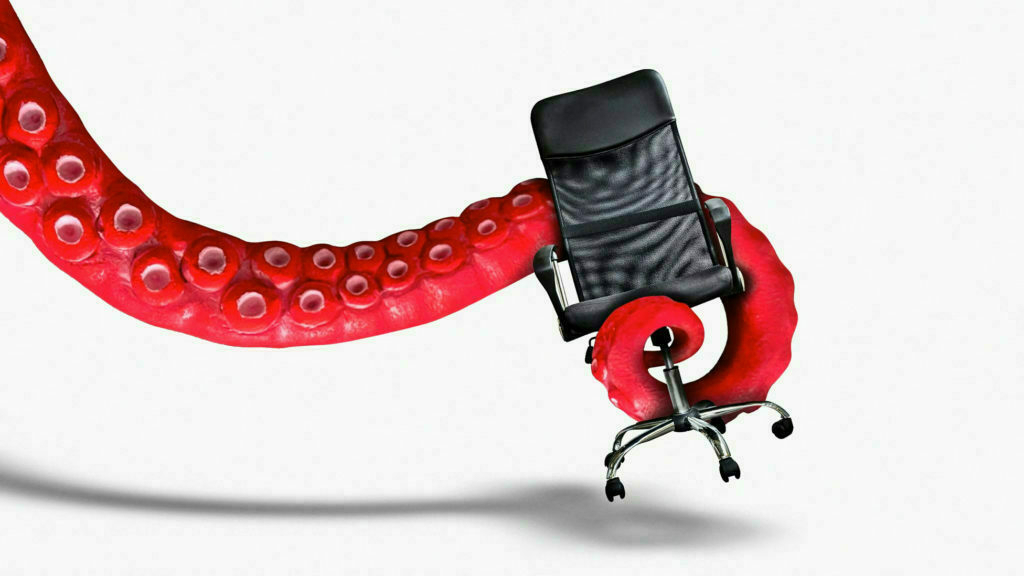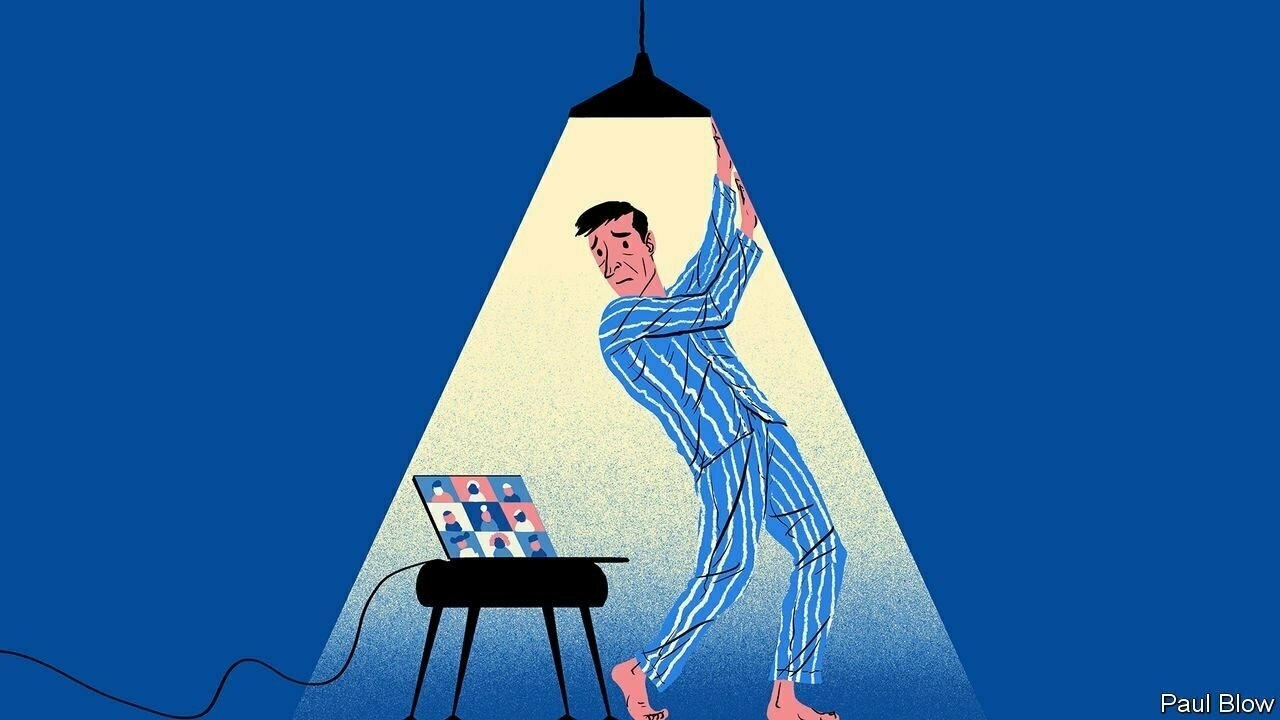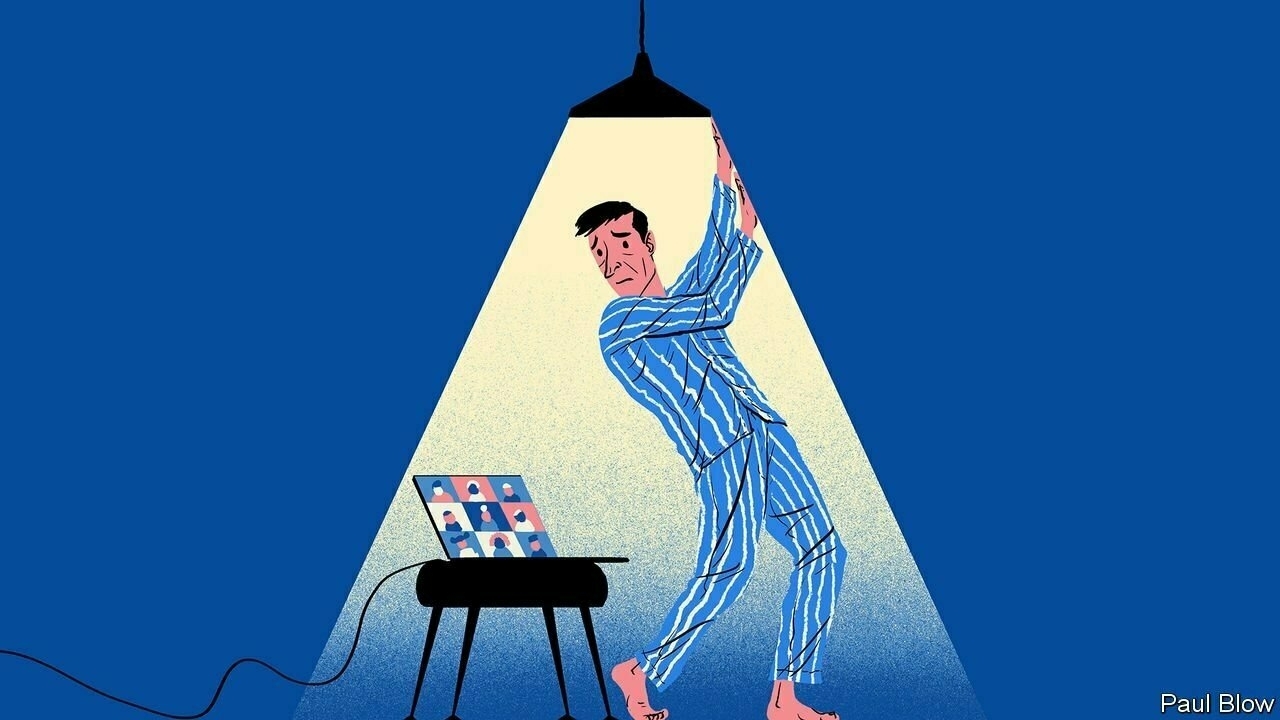Noise and working from home
I’ve worked from home for the last eleven years. For the last nine years, I’ve lived near the middle of a market town in the north east of England. You wouldn’t believe the amount of noise.
As respondents in this Hacker News thread comment, you kind of get used to it, and also work around particularly loud noise. However, the struggle is real and now that my wife and I both work from home it’s a factor in us moving.
I’d second the opinion of the commenter I’ve quoted below about getting headphones with at least two levels of noise cancellation. I bought some Sony WH-CH720N cans when they started building behind my home office and they’ve been a godsend.
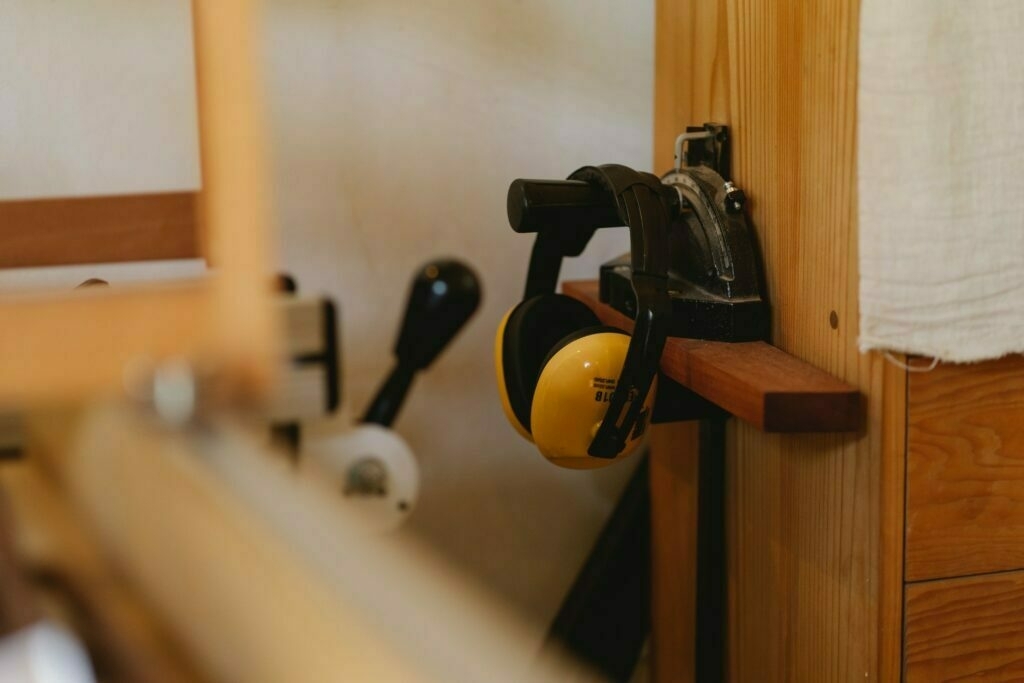
My personal experience as a big-city dweller who has also worked for prolonged stints in suburban and very rural places is that the suburban version of this problem can really be the worst of both worlds.Source: Ask HN: How do you deal with never ending noise and distraction WFH? | Hacker NewsWhen I’m vising my parents in the suburbs… its generally quiet, but that one leaf blower 4 doors down or the one garbage truck crawling down the block suddenly becomes the only thing I can focus on. The noises are infrequent and jarring when they occur.
When I’m at home in my city apartment, the background noise is truly constant - it forms a canvas, nothing really jumps out and therefore the level of what it takes to make a distraction is a lot higher.
My practical advice is to explore headphones with passive noise isolation instead of active noise cancelling. The passive isolation is pretty foolproof, even with sudden or extreme changes in background noise content that the active noise cancelling sometimes takes a moment to adjust to (or perhaps try something like working in a coffee shop for an hour to get the other extreme and reset: write emails where distraction is more OK, come home to the relative quiet of the home office for focus time. I’ve also found even a change of scenery can get me into the zone regardless of what is going on environmentally)
Image: Pexels
The party's over for office-based work
In-person working can be energising. But perhaps not every day, for most people? There’s a reason that lots of people have decided to continue to work at home after the pandemic showed them that a different approach was possible.
Take Google. The tech giant threw a massive welcome-back party complete with a Lizzo concert. Sure, it sounds cool, but unless Lizzo will one day be my manager, what does a concert have to do with getting me to my desk day after day after day? Will there be daily concerts? Everyone was isolated for two years. How does attending a concert with people I’ve never met or barely remember better connect me to the company? Being alone in a crowd would actually remind me just how few friends I have at the organization.Source: Wake up, Corporate America: You can’t bribe, threaten, or feed people to get them back in the office | The Boston Globe
Rituals for moving jobs when working from home
Terence Eden reflects on changing jobs when working from home and how… weird it can be. While I’ve been based from two different converted garages during the past decade, I’ve travelled a lot so it has felt different.
I can imagine, though, if that’s not the case, it can all feel a little bit discombobulating!
One Friday last year, I posted some farewell messages in Slack. Removed myself from a bunch of Trello cards. Had a quick video call with the team. And then logged out of my laptop. I walked out of my home office and sat in my garden with a beer.Source: Job leaving rituals in the WFH era | Terence Eden’s BlogThe following Monday I opened the door to the same office. I logged in to the same laptop. I logged into a new Slack - which wasn’t remarkably different from the old one. Signed in to a new Trello workspace - ditto. And started a video call with my new team.
I’ll admit, It didn’t feel like a new job!
There was no confusing commute to a new office. No having to work out where the toilets and fire exits were. No “here’s your desk - it’s where John used to sit, so people might call you John for a bit”. I didn’t even have to remember people’s names because Zoom showed all my colleagues' names & job titles.
There was no waiting in a liminal space while receptionists worked out how to let me in the building.
In short, there was no meaningful transition for me.
What does work look like? (redux)
If you’re digging a hole or otherwise doing manual work, it’s obvious when you’re working and when you’re not. The same is true, to a great extent, when teaching (my former occupation).
Doing what I do now, which is broadly under the banner of ‘knowledge work’, it can be difficult for others to see the difference between when I’m working and when I’m not. This is one of the reasons that working from home is so liberating.
The funny thing is, sitting alone thinking doesn’t “look” like work. Even more so if it’s away from your computer.Source: What “Work” Looks Like | Jim Nielsen’s Blog[…]
I recently had a conversation with a long-time colleague, someone I know and respect. I found it interesting that even he, who has worked in software since the 90’s, still felt odd when he wasn’t at his computer “working”. After decades of experience, he knew and understood that the most meaningful conceptual progress he made on problems was always away from his computer: on a run, in the shower, laying in bed at night. That’s where the insight came. And yet, even after all these years, he still felt a strange obligation to be at his computer because that’s too often our the metal image of “working”.
Image: Charles Deluvio
Professional try-hards
I love this article about, variously, work-life balance, the future of work, quiet quitting, and the ridiculousness of Silicon Valley culture. To be honest, I feel very fortunate to not have to put up with any of this bullshit in my day-to-day work.
[T]he future of white-collar work has morphed from an advertiser-friendly thought exercise to an existential question with a daily subset of moral riddles: Is that an illicit midday nap, or is it just work-life balance? Is it really the end of work friends, or is it just that a defensive herd mentality is no longer crucial to getting through the day? Is it worse to work on vacation, or to have a little vacation at work? Is the delivery bot lost in the woods, or is he finally free?Source: The Professional Try-Hard Is Dead, But You Still Need to Return to the Office | Vanity Fair[…]
I’d love to be flip and just say that, at this point in planetary decline, anyone who’s a little too interested in emails and Google Docs basically counts as a try-hard, but there’s a specific category of salaryfolk and company leadership provoking a justifiable kind of scorn. The professional try-hard I’m talking about is someone who, in the year 2022, still earnestly and performatively buys into the white-collar hustle and prides themselves on it. You know this person. They’re a cross between a teacher’s pet and a supply-room narc; if they’re not already a manager, they certainly aim to be one day. While everyone else got with the program that trying hard at work—against a political and national backdrop that feels like daily, endless crisis—is ridiculous, or worse, meaningless, these guys (it’s not exclusively a male thing, of course, but I’m not not being gendered on purpose) haven’t quite gotten with the program.
[…]
What’s clear—and what’s behind the reason that professional try-hards are flailing so fantastically—is that the very concept of corporate competence itself has become a joke. The ideals that white-collar striving is built upon have started to crumble: Imagine believing in true “innovation” in a world where Meta, formerly the most exciting company on earth, is reduced to hitting copy and paste. Imagine still buying into the corporate ladder in any sector where performance evaluations might be rife with racial disparities, or where the executives have essentially admitted on the stand that their entire industry is just a game of roulette. Imagine having faith at all in any idea of “corporate good” when the guy celebrated for years as the “one moral CEO in America” is now the subject of a rape investigation (that CEO has denied the allegations). Just last month, Adam Neumann, the disgraced WeWork founder whose implosion was so well-documented that it got turned into prestige television, reportedly received a $350 million second chance for pretty much the same idea he rode to ruin last time.
Imagine, in other words, believing anyone in charge knows what they’re doing. But okay, sure, sic the productivity-management software on everyone else to make sure we’re not online shopping a touch too much.
Professional try-hards
I love this article about, variously, work-life balance, the future of work, quiet quitting, and the ridiculousness of Silicon Valley culture. To be honest, I feel very fortunate to not have to put up with any of this bullshit in my day-to-day work.
[T]he future of white-collar work has morphed from an advertiser-friendly thought exercise to an existential question with a daily subset of moral riddles: Is that an illicit midday nap, or is it just work-life balance? Is it really the end of work friends, or is it just that a defensive herd mentality is no longer crucial to getting through the day? Is it worse to work on vacation, or to have a little vacation at work? Is the delivery bot lost in the woods, or is he finally free?Source: The Professional Try-Hard Is Dead, But You Still Need to Return to the Office | Vanity Fair[…]
I’d love to be flip and just say that, at this point in planetary decline, anyone who’s a little too interested in emails and Google Docs basically counts as a try-hard, but there’s a specific category of salaryfolk and company leadership provoking a justifiable kind of scorn. The professional try-hard I’m talking about is someone who, in the year 2022, still earnestly and performatively buys into the white-collar hustle and prides themselves on it. You know this person. They’re a cross between a teacher’s pet and a supply-room narc; if they’re not already a manager, they certainly aim to be one day. While everyone else got with the program that trying hard at work—against a political and national backdrop that feels like daily, endless crisis—is ridiculous, or worse, meaningless, these guys (it’s not exclusively a male thing, of course, but I’m not not being gendered on purpose) haven’t quite gotten with the program.
[…]
What’s clear—and what’s behind the reason that professional try-hards are flailing so fantastically—is that the very concept of corporate competence itself has become a joke. The ideals that white-collar striving is built upon have started to crumble: Imagine believing in true “innovation” in a world where Meta, formerly the most exciting company on earth, is reduced to hitting copy and paste. Imagine still buying into the corporate ladder in any sector where performance evaluations might be rife with racial disparities, or where the executives have essentially admitted on the stand that their entire industry is just a game of roulette. Imagine having faith at all in any idea of “corporate good” when the guy celebrated for years as the “one moral CEO in America” is now the subject of a rape investigation (that CEO has denied the allegations). Just last month, Adam Neumann, the disgraced WeWork founder whose implosion was so well-documented that it got turned into prestige television, reportedly received a $350 million second chance for pretty much the same idea he rode to ruin last time.
Imagine, in other words, believing anyone in charge knows what they’re doing. But okay, sure, sic the productivity-management software on everyone else to make sure we’re not online shopping a touch too much.
Working from home
I don’t know anything about the author of this post other than what he’s put on his about page. He doesn’t look very old, and he’s a developer for Just Eat, the food takeaway app. Neither his about page nor this post mention family, which is a massive red flag for me when people are talking about the downsides of working from home.
You see, while he may have problems concentrating, and miss the social element of the office, that’s not true for everyone. It’s particularly not true for those with a family. So I’m posting this as a reminder to myself and others, that context matters.
Much like the effect of the plague in medieval times, one of the effects of the pandemic has been to perturb the power balance between employers and employees. As an employee, I was initially excited by the benefits of working from home, but slowly realised that complete remote working was an alienating experience that has diminished the boundaries between work and leisure.Source: What Tech Workers Don’t Understand They’ve Lost by WFH | Michael Gomes VieiraI want to make a developer-centric argument that the current state of majority remote working is bad, not because it is bad for your company or for your salary but because it is not best for yours and others mental well being.
Ian Bogost on hybrid work
I always enjoy Ian Bogost’s articles for The Atlantic as they’re thought-provoking. In this one, he talks about how ‘hybrid work’ is doomed, mainly because The Office is a construct, a way of organising life and work, and heavily invested in the status quo.
A rational assessment of your time and productivity was never quite at issue, and I think it never will be. Companies have been pulling employees back to work in person irrespective of anyone’s well-being or efficiency. That’s because return-to-office plans are not concerned, in any fundamental way, with workers and their plight or preferences. Rather they serve as affirmations of a superseding value—one that spans every industry of knowledge work. If your boss is nudging you to come back to your cubicle, the policy has less to do with one specific firm than with the whole firmament of office life: the Office, as an institution. The Office must endure! To the office we must go.Source: Hybrid Work Is Doomed | The AtlanticThis should be obvious, but somehow it is not: The existence of an office is the central premise of office work, and nothing—not even a pandemic—will make it go away.
[...]Even in the technology sector, where the tools of remote work are manufactured, the Office reigns supreme. Before the pandemic, Big Tech companies doubled down on the sorts of work environments that had been common for almost a century: urban high-rises and suburban office parks. (Think of Microsoft’s campus in Redmond, Washington; Google’s and Facebook’s in Silicon Valley; Apple’s spaceship in Cupertino; and the Salesforce Tower in San Francisco.) Their deluxe office amenities—free food, gymnasiums, medical care, etc.—only underscore this point: The tech industry has a deep investment in the most conservative interpretation of office life.
If the companies that design and build the very foundations for remote work still adhere to the old-fashioned values of the Office, what should we expect from all the rest? It’s still possible that hybridized knowledge work will become the norm, with work-from-home days provided as a perk. But to get there, office workers must organize, and take the goals and power of the Office into account. It does not want to be flexible, and it cares little for efficiency. If the Office makes concessions, they will be minor, or they will take time; hybrid work is not a revolution.
How to communicate remotely
I’ve worked from home for almost a decade now and still find posts like this incredibly instructive. Not only does Olivier Lacan go through gear, but also how to set it up.
In addition, there’s a few useful tips in here about remote etiquette and when to jump on a call instead of continuing a back-and-forth via text.
By definition being remote means not being there. But feeling present goes a long way. A simple look can trigger a strong reaction and a sense of shared understanding. A slight change in intonation can convey doubt or excitement better than a paragraph. Cameras can’t magically make your expressions visible when light isn’t bouncing off your face. Backlighting or contre-jour for example is a very common mistake that I see very smart people make over and over again, even during important video calls featuring very important people you’d assume would have staff to assist them.Source: High Fidelity Remote Communication | Olivier Lacan[…]
The one-stop-shop doesn’t exist quite yet, but I can tell you from experience that you can already communicate remotely with higher fidelity than the majority of office workers through the world did even before the pandemic. While your three-dimensional presence will never be replaceable, it’s possible for two-way communication to have an unprecendented amount of subtlety.
[…]
It’s the responsibility of employers to deploy the kind of budgets already allocated toward in-office communication to remote work equipment. It’s also the role of folks like me (and you) to help educate IT departments and business leaders on hardware solutions that already exist today.
It has become quite absurd to argue that remoteness has to mean becoming a less visible and valued contributor to your organization. I hope this post can help you convince anyone who might still believe that communicating remotely still has to be a pain.
What exactly is 'hybrid work'?
‘Future’ is a new publication from the VC firm a16z. As such, most things there, while interesting, need to be taken with a large pinch of salt.
This article, for example, feels almost right, but as a gamer the ‘multiplayer’ analogy for work breaks down (for me at least) in several places. That being said, I’ve suggested for a while that our co-op meets around a campfire in Red Dead Redemption II instead of on Zoom…
Remote 1.0. The first wave of modern “remote-first” companies (including Automattic, Gitlab, and Zapier) leaned heavily on asynchronous communication via tools like Google Docs and Slack. This involved a fundamental culture shift that most enterprises could not — and didn’t want to — undertake. It didn’t help that video conferencing technology was clumsy and unreliable, making frictionless real-time communication unfeasible. When collaboration happened, it was primarily through screen sharing: low-fidelity, non-interactive, ineffective. Rather than paving the way, technology was in the way.Source: Hybrid Anxiety and Hybrid Optimism: The Near Future of Work | FutureRemote 2.0, the phase we’re in, more closely approximates in-person work by relying on video conferencing that allows real-time collaboration (albeit still with friction); video calls are much better now, thanks to more consumer-friendly tools like Zoom and Google Meet. Millennials and Gen-Z-ers, who are more comfortable with multimedia (video and audio as well as multi-player gaming), are increasingly joining the workforce. But while this phase has been more functional from a technical standpoint, it has not been pleasant: “not being able to unplug” has become the top complaint among remote workers. (Especially since many teams have tried to replicate a sense of in-person presence by scheduling more video calls, leading to “Zoom fatigue”). As context diminishes, building trust has become harder — particularly for new employees.
Remote 3.0 is the phase ahead of us: hybrid work. The same challenges of Remote 2.0 are magnified here by asymmetry. The pandemic leveled the playing field at first by pushing everyone to remote work; now that it’s feasible to work in-person, though, hybrid work will create a “second-class citizen” problem. Remote employees may find it much harder to participate in core company functions, to be included in casual conversations, and to form relationships with their colleagues.
Remote workers clock up more hours, says one study
It takes time and/or training to transition fully to remote working. If it’s not something you’ve chosen (say, because of the pandemic) then that’s doubly-problematic.
I really enjoy working remotely. I miss travelling for events and meetups, which I used to do probably 10-15 times per year, but the actual working from home part is great. As I type this I’m in my running stuff waiting for the Tesco delivery. Work happens around life, rather than the other way round.
This article talks about one study, which I don’t think is illustrative of the wider picture. What I do recognise, however, is the temptation to work more hours when you live in your workplace. You have to be strict.
Ultimately, it comes down to control. If you’re in control of your time, then eventually you spend it productively. For example, I work fewer than 30 hours per week in an average week, mainly because I don’t attend meetings I don’t have to.
Early surveys of employees and employers found that remote work did not reduce productivity. But a new study* of more than 10,000 employees at an Asian technology company between April 2019 and August 2020 paints a different picture. The firm uses software installed on employees’ computers that tracked which applications or websites were active, and whether the employee was using the keyboard or a mouse. (Shopping online didn’t count.)Source: Remote workers work longer, not more efficiently | The EconomistThe research certainly concluded that the employees were working hard. Total hours worked were 30% higher than before the pandemic, including an 18% increase in working outside normal hours. But this extra effort did not translate into any rise in output. This may explain the earlier survey evidence; both employers and employees felt they were producing as much as before. But the correct way to measure productivity is output per working hour. With all that extra time on the job, this fell by 20%.
Remote workers clock up more hours, says one study
It takes time and/or training to transition fully to remote working. If it’s not something you’ve chosen (say, because of the pandemic) then that’s doubly-problematic.
I really enjoy working remotely. I miss travelling for events and meetups, which I used to do probably 10-15 times per year, but the actual working from home part is great. As I type this I’m in my running stuff waiting for the Tesco delivery. Work happens around life, rather than the other way round.
This article talks about one study, which I don’t think is illustrative of the wider picture. What I do recognise, however, is the temptation to work more hours when you live in your workplace. You have to be strict.
Ultimately, it comes down to control. If you’re in control of your time, then eventually you spend it productively. For example, I work fewer than 30 hours per week in an average week, mainly because I don’t attend meetings I don’t have to.
Early surveys of employees and employers found that remote work did not reduce productivity. But a new study* of more than 10,000 employees at an Asian technology company between April 2019 and August 2020 paints a different picture. The firm uses software installed on employees’ computers that tracked which applications or websites were active, and whether the employee was using the keyboard or a mouse. (Shopping online didn’t count.)Source: Remote workers work longer, not more efficiently | The EconomistThe research certainly concluded that the employees were working hard. Total hours worked were 30% higher than before the pandemic, including an 18% increase in working outside normal hours. But this extra effort did not translate into any rise in output. This may explain the earlier survey evidence; both employers and employees felt they were producing as much as before. But the correct way to measure productivity is output per working hour. With all that extra time on the job, this fell by 20%.
Quitting instead of returning to the office
I’ve worked from home since 2012, and what was once unusual was becoming more normal even before the pandemic. Now that remote working has been proved to work, I can’t see why anyone (other than those who perhaps enjoy office politics and after-work drinks a little more than they should) would want to go back full-time…
While companies from Google to Ford Motor Co. and Citigroup Inc. have promised greater flexibility, many chief executives have publicly extolled the importance of being in offices. Some have lamented the perils of remote work, saying it diminishes collaboration and company culture. JPMorgan Chase & Co.’s Jamie Dimon said at a recent conference that it doesn’t work “for those who want to hustle.”Source: Return to Office: Employees Are Quitting Instead of Giving Up Work From Home - BloombergBut legions of employees aren’t so sure. If anything, the past year has proved that lots of work can be done from anywhere, sans lengthy commutes on crowded trains or highways. Some people have moved. Others have lingering worries about the virus and vaccine-hesitant colleagues.
And for Twidt, there’s also the notion that some bosses, particularly those of a generation less familiar to remote work, are eager to regain tight control of their minions.
“They feel like we’re not working if they can’t see us,” she said. “It’s a boomer power-play.”
Working from near home
The idea of subsidizing W.F.N.H. efforts is not novel. Last fall, a startup in the U.K. called Flown began developing what it describes as an Airbnb for undistracted knowledge work. The company’s home page features enviable locations, such as a room in the Cotswolds with a desk facing a floor-to-ceiling picture window overlooking a meadow, available for short-term rent. As the founder of Flown, Alicia Navarro, explained to me, when we talked on the phone, the target for these rentals is not individuals but large organizations that can buy time in bulk to support their employees.Source: What if Remote Work Didn’t Mean Working from Home? | The New Yorker
The certainties of one age are the problems of the next
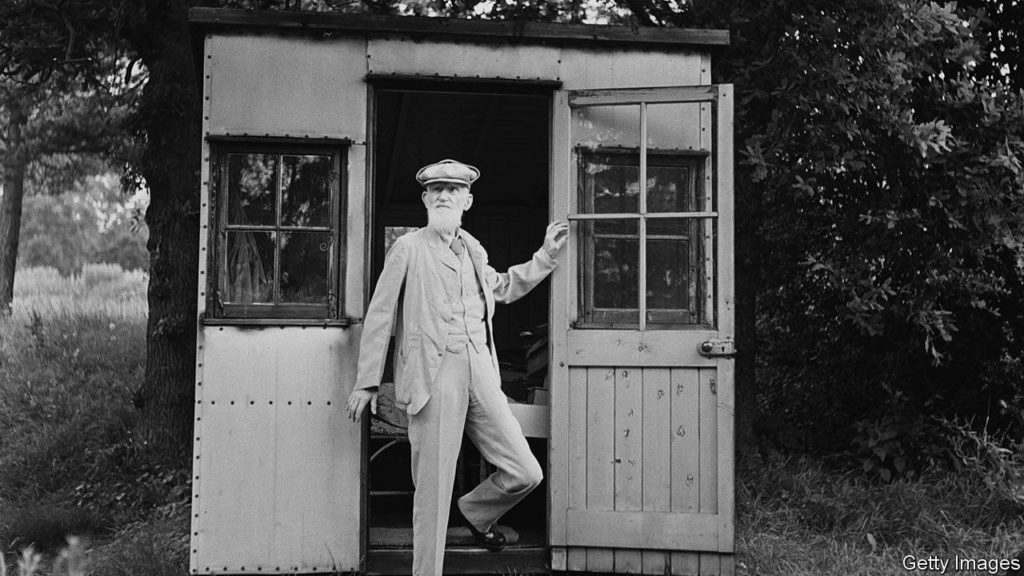
🏙️ How the spread of sheds threatens cities — "A white-collar worker who has tried to work from the kitchen table for the past nine months might be keen to return to the office. A worker who has an insulated garden shed with Wi-Fi will be less so. Joel Bird, who builds bespoke sheds, is certain that his clients envisage a long-term change in their working habits. “They don’t consider it to be temporary,” he says. “They’re spending too much money.”
😬 Transactional Enchantment — "The greatest endemic risk to the psyche in 2021 is not that you’ll end up on the streets next week or fail to fund your retirement in 30 years. The greatest risk is that you’ll feel so relentlessly battered by the weirdness all around that you’ll go numb and simply disengage from the world entirely today."
🕸️ The unreasonable effectiveness of simple HTML — "Are you developing public services? Or a system that people might access when they’re in desperate need of help? Plain HTML works. A small bit of simple CSS will make look decent. JavaScript is probably unnecessary – but can be used to progressively enhance stuff. Add alt text to images so people paying per MB can understand what the images are for (and, you know, accessibility)."
💬 Convocational Development — "The fundamental difference between the convocation and traditional open source is that energy is put into facilitating discussions between users, coders, graphic designers etc. Documentation and instructions are often the weakest part of an open source project, and that excludes people who don’t have the time or ability to assemble a mental model of the open source software and its capabilities from just the code and the meagre promotional materials. The convocation starts as a basic web forum, but evolves tools and cultures that enable greater participation in the development process itself."
📈 GameStop Is Rage Against the Financial Machine — "Instead of greed, this latest bout of speculation, and especially the extraordinary excitement at GameStop, has a different emotional driver: anger. The people investing today are driven by righteous anger, about generational injustice, about what they see as the corruption and unfairness of the way banks were bailed out in 2008 without having to pay legal penalties later, and about lacerating poverty and inequality. This makes it unlike any of the speculative rallies and crashes that have preceded it."
Quotation-as-title by R.H. Tawney. Image from top-linked post.
A candour affected is a dagger concealed

🤯 The Next Decade Could Be Even Worse
📝 White privilege - a guide for parents
👩💻 Working from home could lead to more prejudice, report warns
🎩 The radical aristocrat who put kindness on a scientific footing
Quotation-as-title by Marcus Aurelius. Image from top-linked post.
Even while a thing is in the act of coming into existence, some part of it has already ceased to be
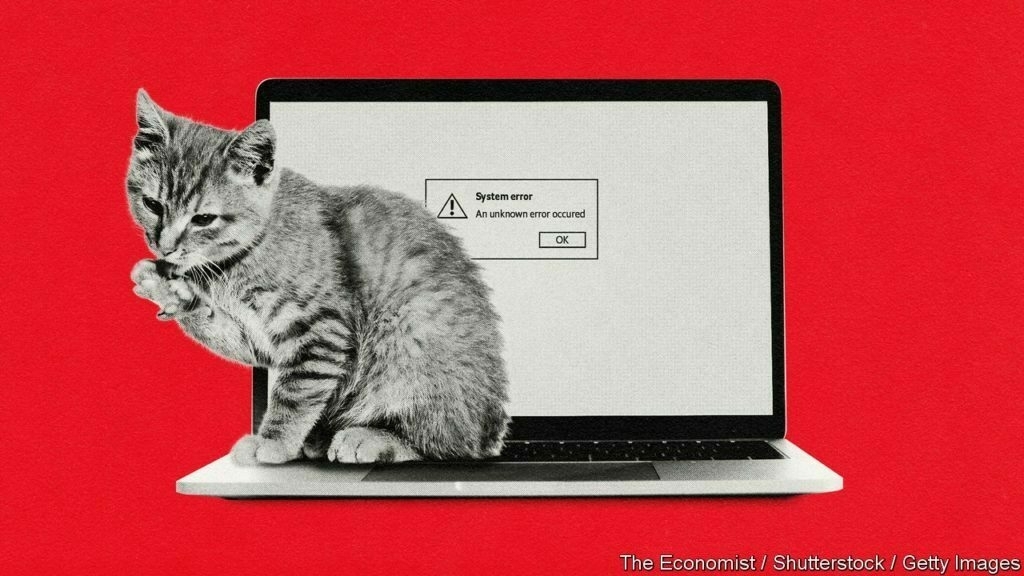
🤖 ‘Machines set loose to slaughter’: the dangerous rise of military AI
📏 Wittgenstein’s Ruler: When Our Opinions Speak More About Us Instead The Topic
🤨 Inside the strange new world of being a deepfake actor
🎡 Japanese Amusement Park Turns Ferris Wheel Into Wi-Fi Enabled Remote Workspace
Quotation-as-title from Marcus Aurelius. Image from top-linked post.
What man of energy does not find inactivity a punishment?
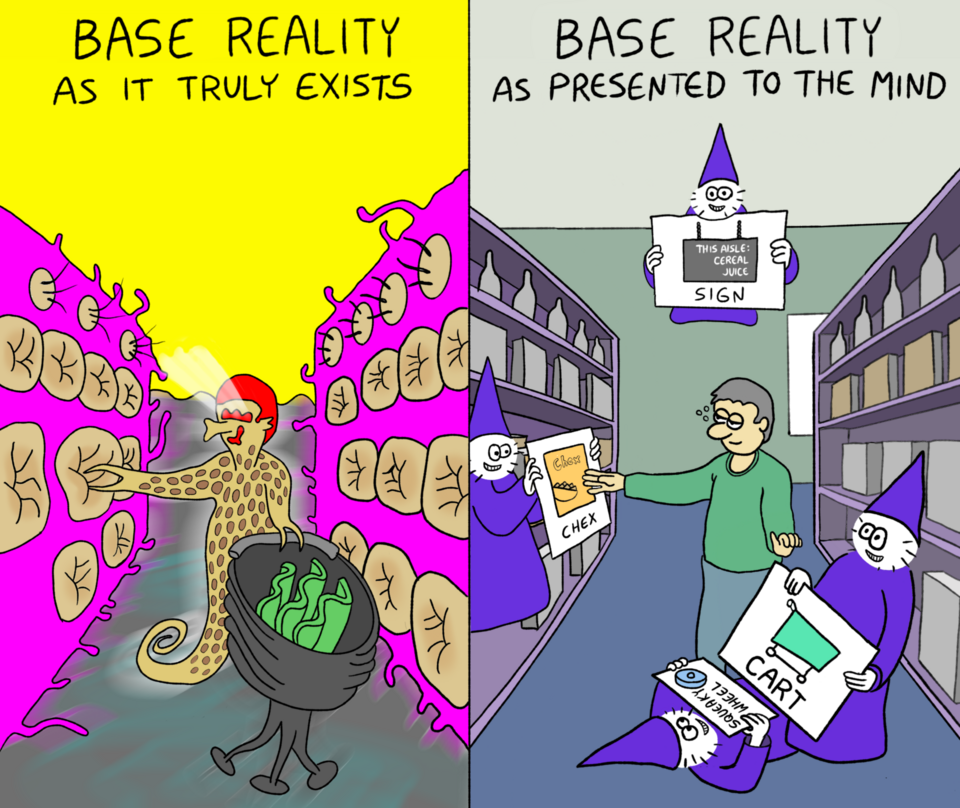
🤯 Understanding Consciousness with Color-Coded Cartoons
👍 Four-day working week could create 500K new jobs in UK, study says
💀 The World Memorial to the Pandemic
🤩 Going all-in on remote work: The technical and cultural changes
🎲 How to Add More Play to Your Grown-Up Life, Even Now
Quotation-as-title from Seneca. Image from top linked post.
